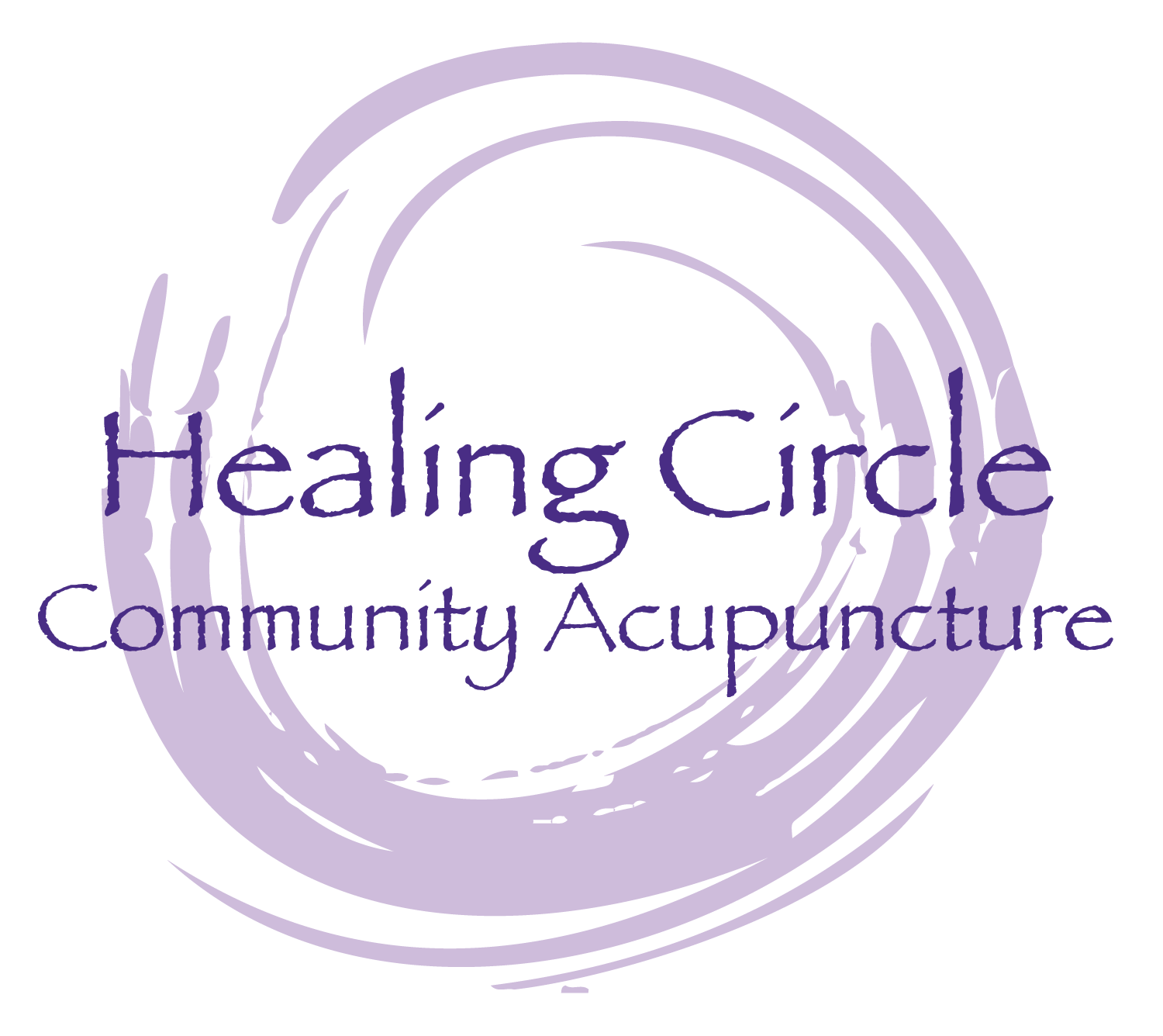Toxic Emotion That Will Make You Sick
New research suggests constant bitterness can make a person ill.
What is bitterness? It is anger, resentment, and disappointment at being treated unfairly. Bitterness can be based on one incident or life circumstances.
According to psychologist Dr. Carsten Wrosch, persistent bitterness when strong enough could affect a person's physical health.
Carsten Wrosch is a professor in Montreal's Concordia University Department of Psychology and a member of the Centre for Research in Human Development.
“When harbored for a long time,” Wrosch said, “bitterness may forecast patterns of biological dysregulation (a physiological impairment that can affect metabolism, immune response or organ function) and physical disease.”
“In order to deal with bitter emotions there is something required to enable a person to overcome the negative emotion — that something is forgiveness,” said Wrosch.
The first step to overcoming bitterness is to practice forgiveness. Some people have experienced some horrible events in their life and have every reason to be bitter. However, this emotion does not hurt whoever offended you. It hurts you. When you forgive, the offending person or situation no longer has power in your life. Here is a quote from Nelson Mandela. “As I walked out of the door toward the gate that would lead to my freedom, I knew if I didn't leave my bitterness and hatred behind, I'd still be in prison.”
Bitterness and associated diseases
There is evidence to show that suppressed anger (bitterness) can be a precursor to the development of cancer, and also a factor in its progression after diagnosis.
Anger (bitterness) frequently accompanies autoimmune diseases
Proneness to anger (bitterness) places middle-aged men and women at significant risk for Coronary Heart Disease
Anger (bitterness) initiates the stress response within the body causing blood sugar levels to rise
Words of Clinical Wisdom
As a physician strongly passionate about identifying the underlying root cause(s) of my patient's health issues, my focus should not overlook the detrimental impact of emotional poisons like bitterness (anger, resentment, etc.) on a patient's health challenge.
If you are a healthcare provider struggling with a condition that simply will not improve consider having a heart to heart talk with your patient about some unresolved bitterness and make the appropriate clinical recommendations for your patient to seek professional help.
You may be quite surprised to see the patient's health issue improve.
References:
https://pubmed.ncbi.nlm.nih.gov/11037954/
https://www.sciencedirect.com/science/article/abs/pii/S0145213421003914#preview-section-abstract
https://www.webmd.com/balance/stress-management/features/how-anger-hurts-your-heart
https://www.ahajournals.org/doi/10.1161/01.CIR.101.17.2034
https://www.diabetes.co.uk/emotions/diabetes-and-anger.html
The information on this website is not intended to replace a one-on-one relationship with a qualified health care professional and is not intended as medical advice. It is intended as a sharing of knowledge and information from the research and experience of Dr. Grisanti and his functional medicine community. Dr. Grisanti encourages you to make your own health care decisions based upon your research and in partnership with a qualified health care professional. Visit www.FunctionalMedicineUniversity.com for more information on our training in functional medicine. Look for practitioners who have successfully completed the Functional Medicine University's Certification Program (CFMP) www.functionalmedicinedoctors.com.

